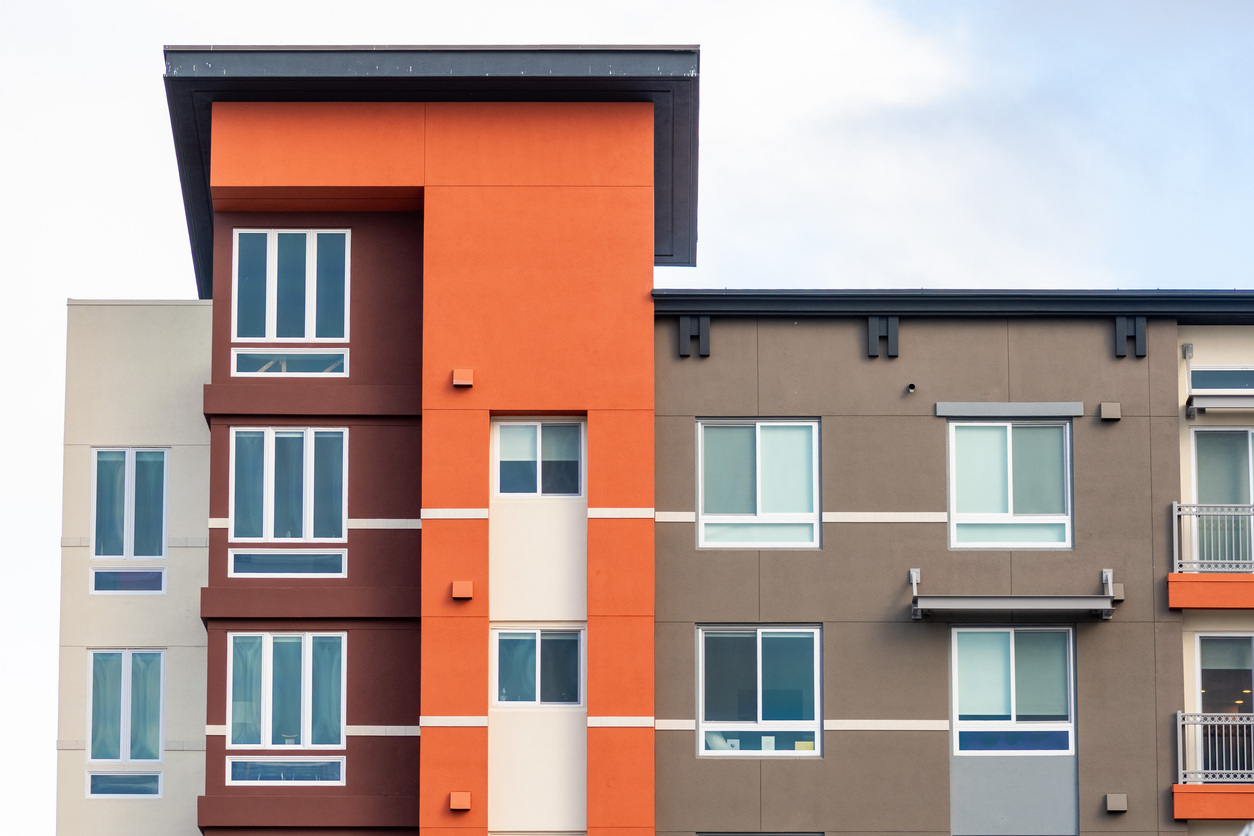Property insurance crisis prompts Senate hearing
Original article can be found here.
Committee hears testimonies on what’s driving insurer exodus and soaring premiums
Washington lawmakers have come together to discuss the growing insurance crisis spurred by climate change-induced natural disasters and the exodus of insurers from high-risk states like Florida and California.
The Senate Committee on Banking, Housing and Urban Affairs convened a hearing on Thursday to explore potential solutions, receiving testimonies from insurance industry experts and consumer advocacy groups.
Witnesses at the hearing raised concerns over surging insurance premiums as the US faces a record-setting year for weather-induced property damage.
Swiss Re previously reported that the first half of 2023 saw nearly $35 billion in insured losses from severe convective storms. With the devastation caused by Hurricane Idalia, initial estimates have posited that this total could increase by billions more.
In a joint statement, the American Property Casualty Insurance Association (APCIA) and the Reinsurance Association of America (RAA) noted that the last decade of global natural catastrophe events has been the costliest in recorded history.
The groups pointed to how the average annual weather-related catastrophe losses went from $126 billion between 1990-1999 to $219 billion between 2010-2020.
Amid these escalating losses, insurers have been choosing to limit their presence in catastrophe-prone states like Florida and California, leaving many homeowners scrambling for alternative coverage that is typically at higher premiums and with reduced coverage.
“We’re hearing more and more — people simply cannot afford to own a home because they can’t get insurance,” said Douglas Heller, director of insurance at the Consumer Federation of America, who testified that homeowners in high-risk areas are facing premium hikes of around $500 per month.
Jerry Theodorou, policy director of finance insurance and trade at the R Street Institute, said the insurance crisis has also been fueled by excessive litigation, as is the case in Florida.
“For years, Florida had the dubious distinction of being home to 79% of the homeowner insurance litigation in the country, despite having only 9% of the country's homeowner insurance policies,” he said.
Additionally, some Republican senators remarked on state-level regulation and how it has prevented insurance companies from quickly adjusting their prices to account for risk.
“When you can’t make a profit, you don’t stay in those states,” said Senator Tim Scott, a ranking member of the senate committee. “It’s one of the reasons why you see, rather a State Farm, AIG, the insurance companies that we just named, leaving markets. It’s because rates sufficiency is impossible to get there.”
Theodorou highlighted Proposition 103 as a major hurdle for insurers in California, equating it to “forbidding a doughnut maker to change the price of its doughnuts, irrespective of flour and sugar costs."



